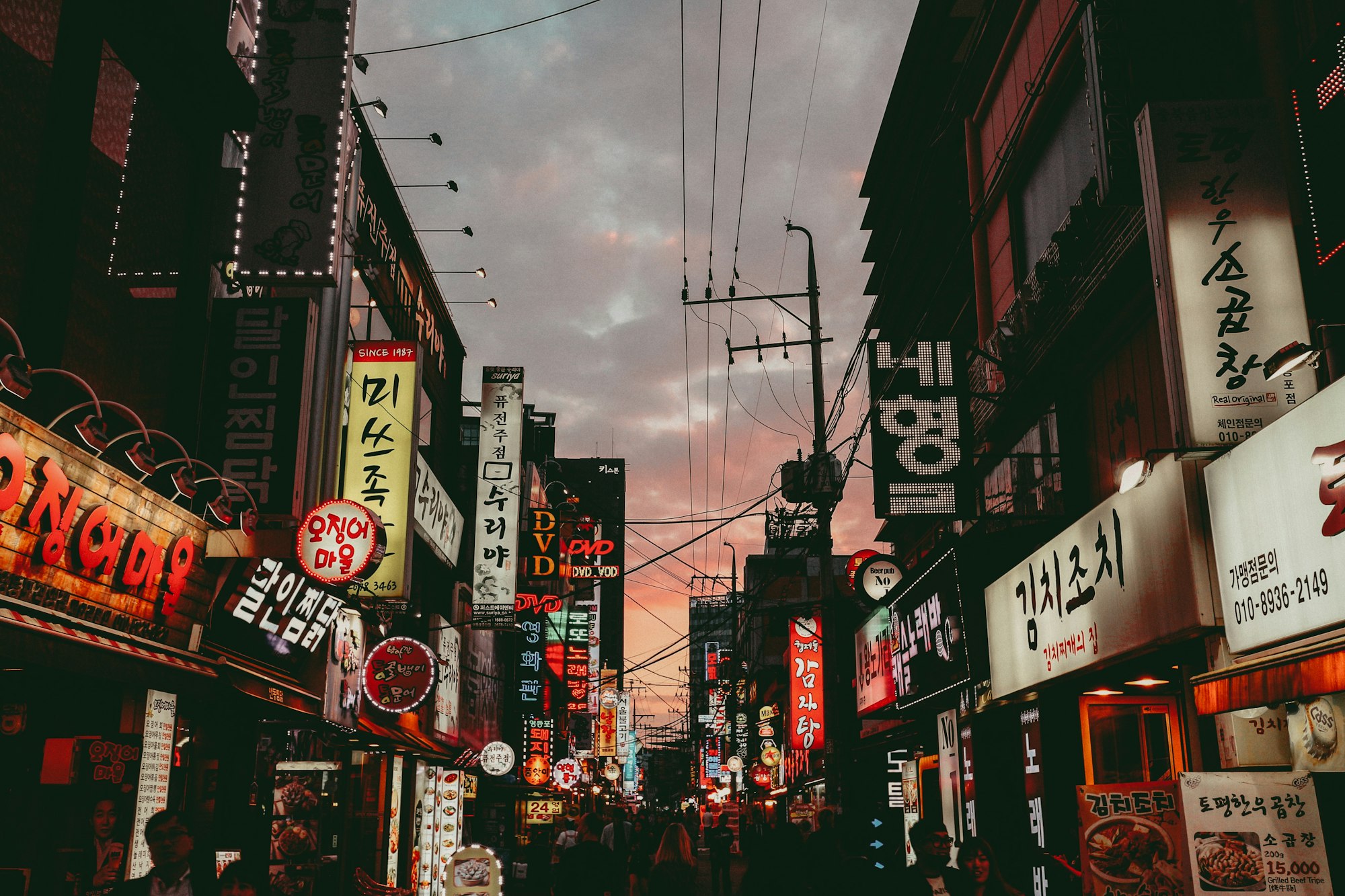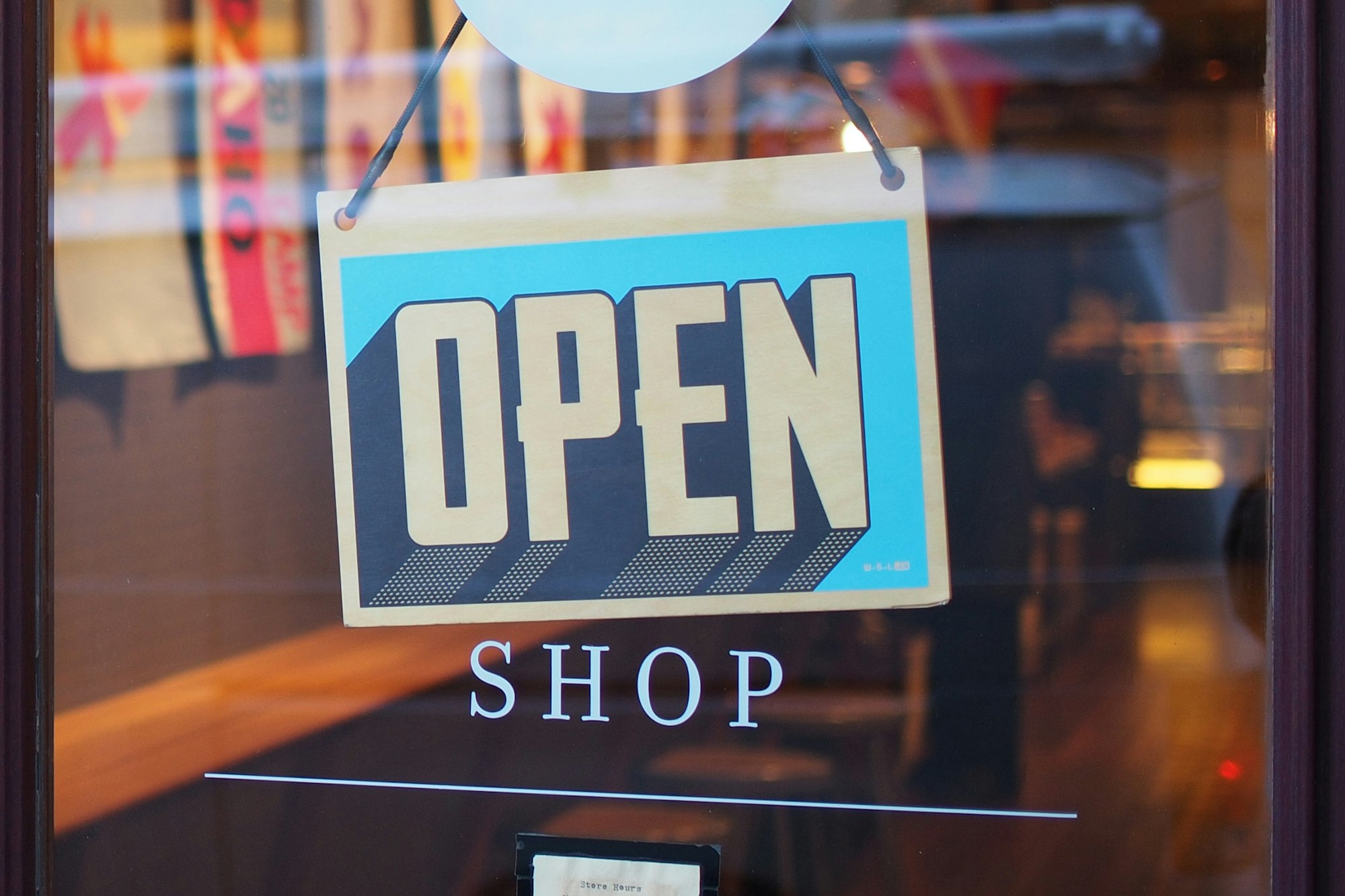Thai Tourist Boycott Rocks South Korea's Tourism Industry
Social media has played a role in highlighting these issues, with Thai users urging both the Thai and South Korean governments to address the problem...

In recent times, there has been a growing trend of Thai tourists boycotting travel to South Korea, with the hashtag "ban Korea travel" gaining traction on social media platforms. While the exact reasons behind this boycott are not entirely clear, some reports suggest that it could be due to perceived discrimination against Thai tourists.
This is not the first time South Korea has faced a tourism boycott. In 2017, Chinese tourists boycotted the country in response to a political dispute, which had a significant impact on the tourism industry. Now, it remains to be seen how long the current boycott by Thai tourists will last and what impact it will have on South Korea's tourism sector.
Ban South Korea Travel
Thai tourists have shared their experiences of facing difficulties in the immigration process and being sent back to Thailand despite possessing valid travel documents. Some also claim to have been subjected to repeated and rude questioning by immigration officials. Social media has played a role in highlighting these issues, with Thai users urging both the Thai and South Korean governments to address the problem of illegal export labor, which is often cited as one of the main reasons for the denial of entry faced by many tourists.
Read More From WorldFuture

It is worth noting that South Korea's immigration office is regarded as one of the most stringent in the world, which might contribute to these challenges. The trending hashtag "ban Korea travel" is being used by many Thai tourists, who are now opting to visit other countries such as Japan and Taiwan instead of South Korea.
As of November 2023, the boycott by Thai tourists against South Korea is ongoing, with the hashtag still prominent on social media platforms. This boycott has resulted in a decline in the number of Thai visitors to South Korea, leading to losses for Thai travel operators over the past couple of years.
Tensions
The underlying tensions between Thai tourists and South Koreans may also stem from the issue of racism. While it is a complex and controversial topic, some reports suggest the existence of negative attitudes toward Southeast Asians, including Thai people, among some South Koreans. However, it is important to note that not everyone agrees with this perspective.
The perceived discrimination against Thai tourists by South Korea's immigration office has further fueled this boycott. Instances of tourists being stuck in the immigration process and being sent back to Thailand despite having valid documents have been reported. Additionally, there have been complaints about repetitive and rude questioning by immigration officials.
The impact of this boycott on South Korea's economy remains uncertain, but it is likely to hurt the tourism industry and related businesses. It is crucial to recognize that racism in South Korea is not limited to Thai people alone, as reports of discrimination against immigrants from other countries also exist.
Another boycott
The Thai tourism boycott against South Korea is an ongoing issue with potential implications for the country's tourism industry. The reasons for the boycott range from perceived discrimination against Thai tourists to the strict regulations of South Korea's immigration office.
While the impact of this boycott on South Korea's economy remains to be seen, it is important for both the Thai and South Korean governments to address the concerns raised by Thai tourists and work towards resolving the issues related to illegal export labor and immigration procedures.

